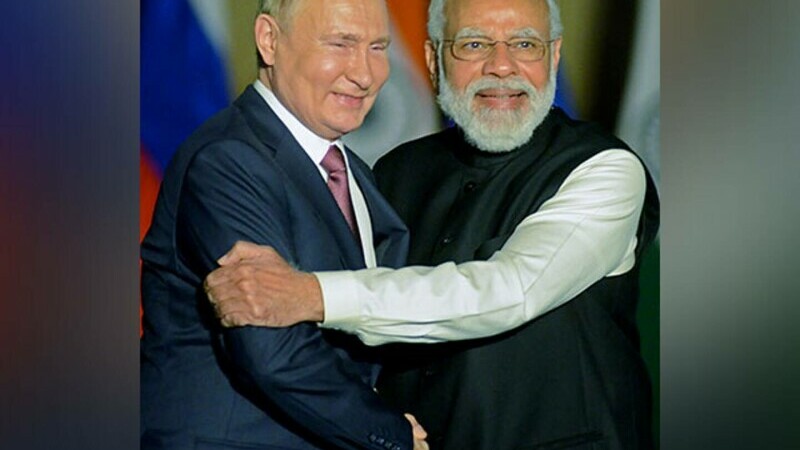From December 5, the European Union will introduce an embargo on oil from Russia. In addition, the Ukrainian publication writes that restrictions on the maximum purchase price of oil will be introduced Obozrevateli.
The EU, despite its common stance of punishing Russia and supporting Ukraine, is far from united.
First, in this context, Hungary should be mentioned with Prime Minister Viktor Orbán, who built his domestic policy on the conflict between the European Commission and the United States and convinced his citizens that all problems were caused by economic sanctions. If it weren’t for his policy, the energy resource situation would be even more critical.
Greece and Cyprus took different positions against oil price controls. Their position is explained by the high profitability of Russian oil transport. Therefore, a complete cessation of trade in Russian resources is not profitable for these states. Nevertheless, the European Union managed to reach a certain consensus. Oil price controls will continue.
“Sanctions are still being discussed. There is nothing official yet to prevent or stop them. Hungary continues to insist that we will no longer use energy sanctions, but, like part of the European Union, has agreed to an approach to the ceiling on Russian oil prices”, – former Ukrainian Foreign Minister Pavlo Klimkin declared.
In recent weeks, Russian oil has hovered around $70 a barrel. The European Union is currently considering raising the price to $60.
The regulation works like this: to obtain insurance for oil transport from European companies, its price cannot exceed a fixed maximum. As most insurance companies are from the EU, this regulation could affect a large part of the market.
According to calculations by the McFaul-Yermak Group, falling oil prices on top of already approved sanctions would cost $125 billion in Russian oil and gas revenue. The $60 price range only applies to this display. At the same time, it seems that Russia can still earn about 225 billion dollars.
A price cut of about $35 per barrel could see an immediate effect in the first quarter of 2023. In this case, Russia will lose 250 billion dollars and face a deficit in the balance of payments. The occupier will be in dire cash straits. But such an environment will also affect the global economy. Russian oil will disappear from the markets, leading to a decrease in supply and a global increase in the price of “black gold”.
Russia’s response
Russia is already trying to circumvent the restrictions. Its refinery is trying to change its strategy keeping future changes in mind. They actively produce petroleum products and then sell them to Saudi Arabia, China and other states.
Russia also tries to intimidate countries that support restrictions. Russian Federation President Vladimir Putin and the regime’s representatives in the Kremlin both announce that they refuse to sell oil at prices set by the Europeans. Without Russian oil, the US and EU fear that global oil prices will rise. However, the Ukrainian publication writes that if Russia refuses to export oil, it will pose a catastrophic risk to the state budget.
Source: Obozrevateli
Tags: price, capping, oil, Russian oil,
Release Date: 03-12-2022 14:52

“Evil gamer. Amateur music trailblazer. Alcohol geek. Problem solver. Coffee advocate. Troublemaker. Infuriatingly humble zombieaholic.”

